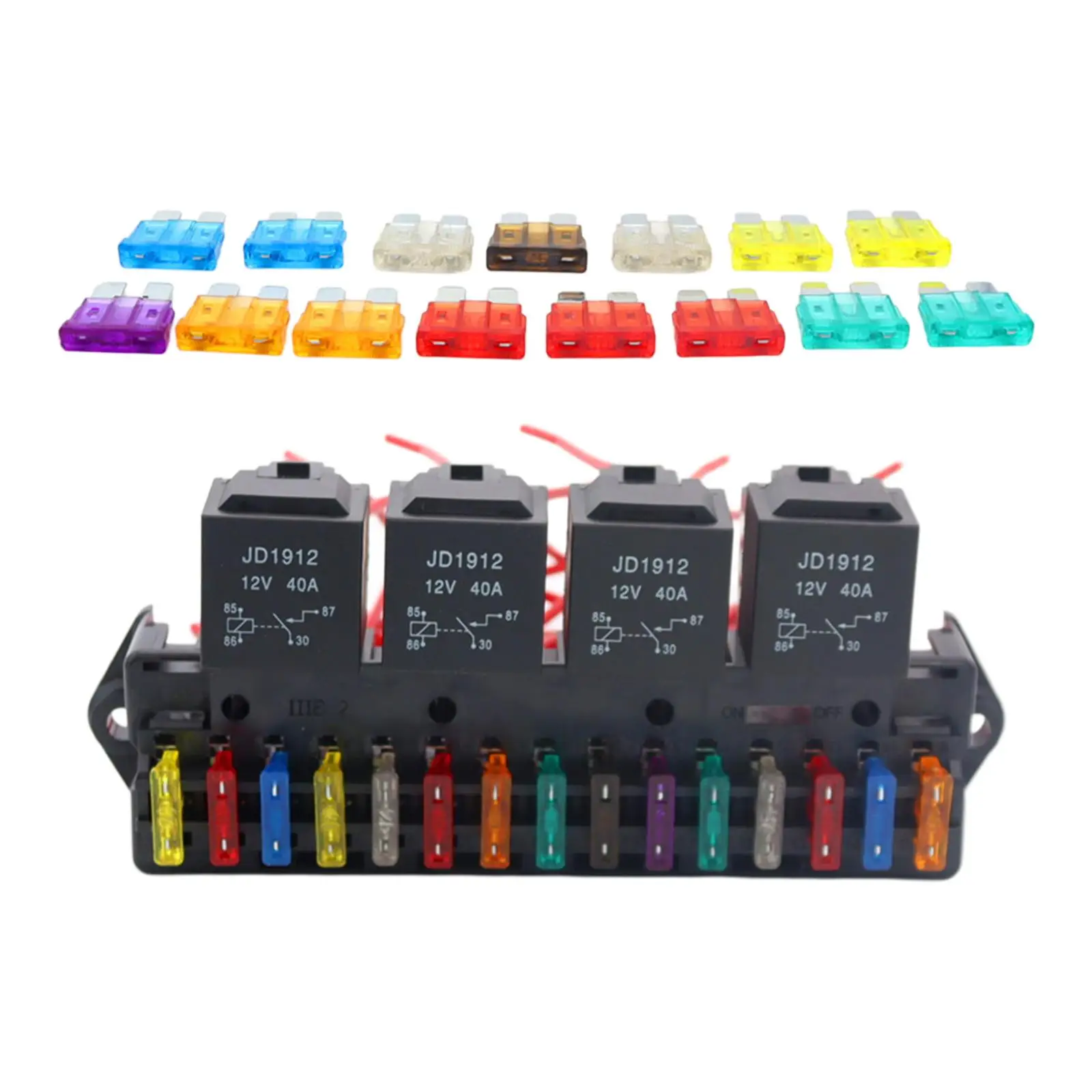Wastewater treatment plants often deal with explosive gases and other hazardous materials, making explosion-proof induction motors a vital component of plant safety. These motors ensure that equipment operates safely, minimizing the risk of ignition in volatile environments. This article explores how explosion-proof motors are used in wastewater treatment and how geocomposites contribute to environmental safety.
What role do explosion-proof induction motors play in wastewater treatment plants?
Explosion-proof induction motors are used in wastewater treatment plants to safely operate pumps, blowers, and other critical equipment. These motors prevent sparks or electrical faults from causing explosions in areas with explosive gases or volatile chemicals.

How do explosion-proof motors ensure safety in wastewater treatment plants?
These motors are designed to contain any internal explosions, preventing them from igniting flammable gases or dust in the surrounding environment. This feature is crucial in wastewater treatment plants, where gases like methane and hydrogen sulfide are common.
How can geocomposites help improve safety in wastewater treatment plants?
Geocomposites are used to stabilize the soil and control runoff in wastewater treatment plants. They can manage waste by reinforcing the environment around critical infrastructure, reducing the likelihood of contamination or accidents.
How do explosion-proof motors and geocomposites work together to enhance safety?
When used together, explosion-proof induction motors and geocomposites help ensure that wastewater treatment plants remain safe and efficient. Geocomposites improve environmental stability, while explosion-proof motors provide reliable, safe operation of equipment.
Explosion-proof induction motors are essential for safe and reliable operation in wastewater treatment plants. Paired with geocomposites, they help ensure environmental protection and prevent hazardous conditions, ensuring smooth and secure plant operations.
